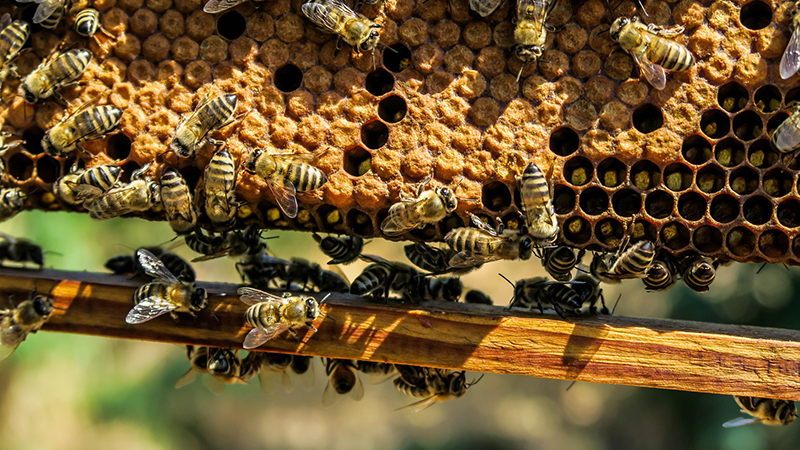In pursuit of the best practices for the organic beekeeping industry
Dr. Brenna Traver is part of a team of Penn State scientists comparing different honey bee management systems on the largest scale ever undertaken to help alleviate colony losses.
By: Susan Andrews


